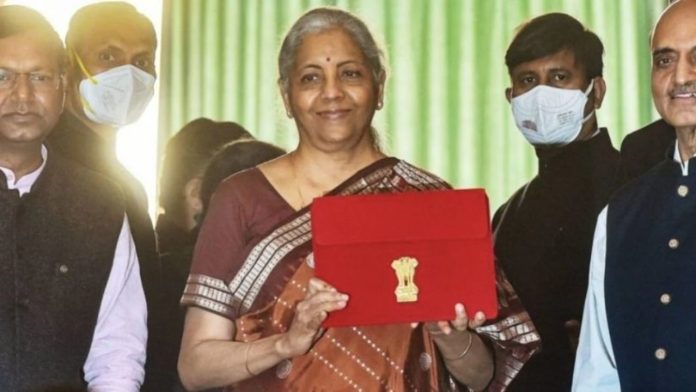- Trust me, the mere mention of the Union Budget is bound to evoke varying degrees of emotions among every section of society that will be affected directly or indirectly in one way or other. The once-in-a-year fiscal exercise undertaken by the Union Government under the guidance of the Finance Minister is not only eagerly awaited but also anticipated for what might be in store vis-à-vis income tax and other related taxation measures. The latest presentation of the budget comes close on the heels of trying three years courtesy of the pandemic and the ongoing conflict between Russia-Ukraine. The Indian government has initiated a few prudent fiscal measures that have ensured our macroeconomic performance is reassuring over the period.

PC: ROYALTY-FREE STOCK PHOTO
- You would have already known what has been announced during the budget presentation by the time you read this. However, no harm in concentrating on pressing issues to comprehend what’s best for us. This budget will be the government’s penultimate as the country goes into Parliamentary elections in 2024. Remember, the last three budgets had most of their underlying assumptions knocked out by the outbreak of Covid and then the conflict in Europe. Notwithstanding these shocks, India’s done well to keep its macroeconomic parameters under control. As such, the budget should ensure the consolidation of positive aspects while calibrating spending and taxation policies to support economic growth on expected lines.
- It is anticipated that Gross tax revenue in all likelihood will exceed the last budget’s targets. A surge in inflation last year has led to a forecast of nominal GDP growth of 15.4% in 2022-23 against the last budget’s expectation of 11.1%. Consequently, tax collection in 2022-23 is likely to overshoot the budget’s estimate of Rs 27.6 lakh crore. This should keep the fiscal deficit/GDP ratio around the budget estimate of 6.4%. In the last few years, an adverse global environment has led to India’s fiscal deficit/GDP ratio shooting up, which pushed the debt to GDP percentage of all levels of government beyond 80%. Interest payment on the debt, the largest source of expenditure, is projected to increase 16% to Rs 9.40 lakh crore in the current financial year.

PC: BHARATH KANCHARLA
- Thus, a credible plan of fiscal consolidation is essential to bring down the GDP/debt ratio. It will lower interest outgo and create more space for development spending. Of course, enhanced capital expenditure will have a positive impact on India’s development leading to spillover on economic growth and tax collections. Yes, uncertain economic conditions have led to using indirect taxes such as fuel duties to stabilize revenue collection. Two changes vis-à-vis expanding the database through GST’s stabilization need to be leveraged to widen the direct tax base and a broader tax base plugging exemptions. Higher tax rates will be counterproductive. Mind you, salaried employees too need a less burdensome tax regime. Keep your fingers crossed!






